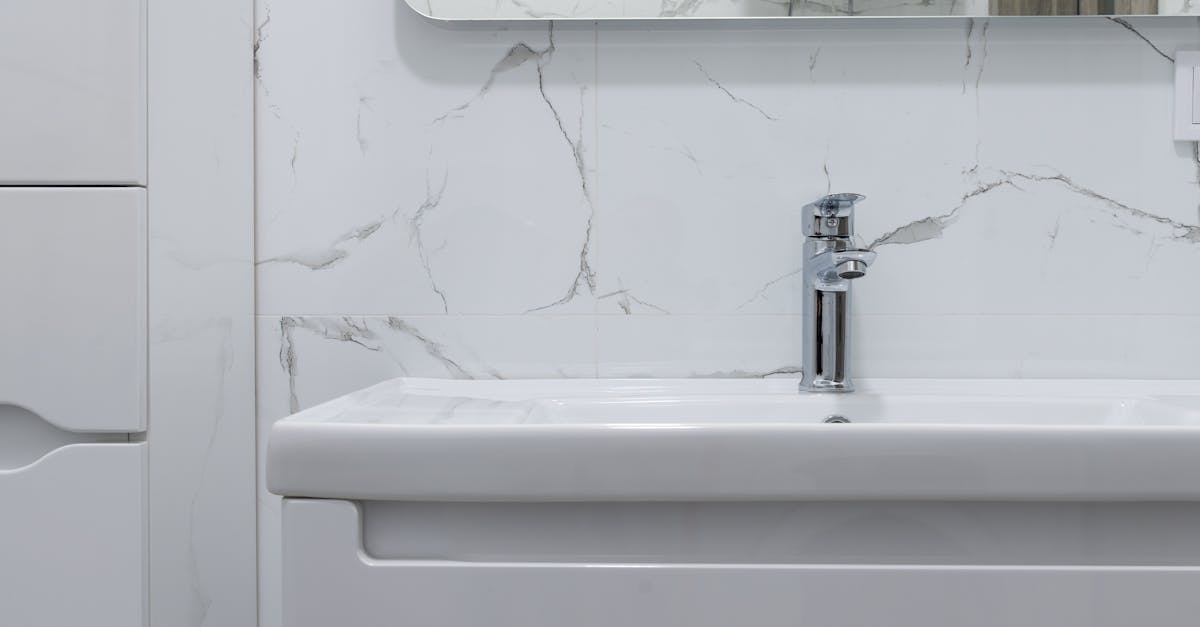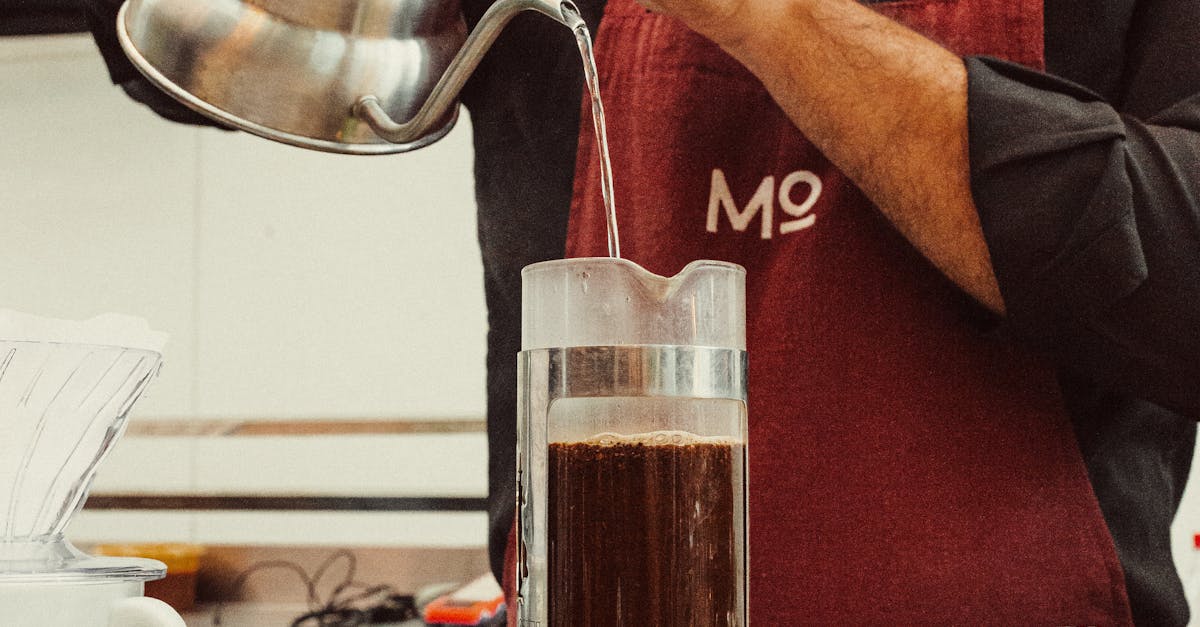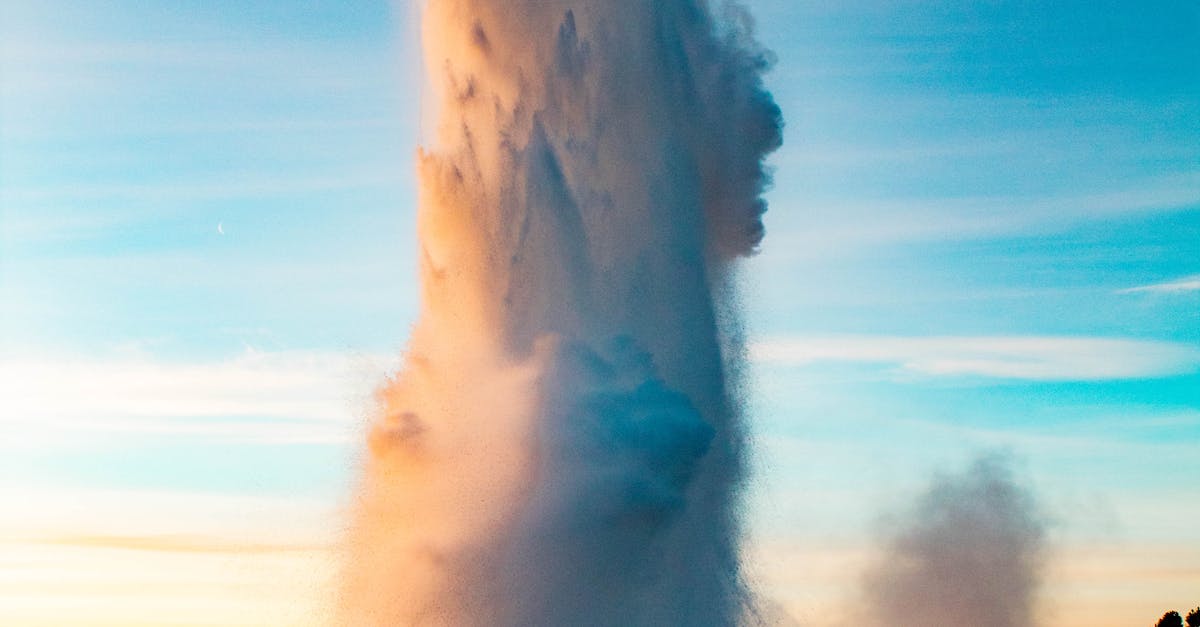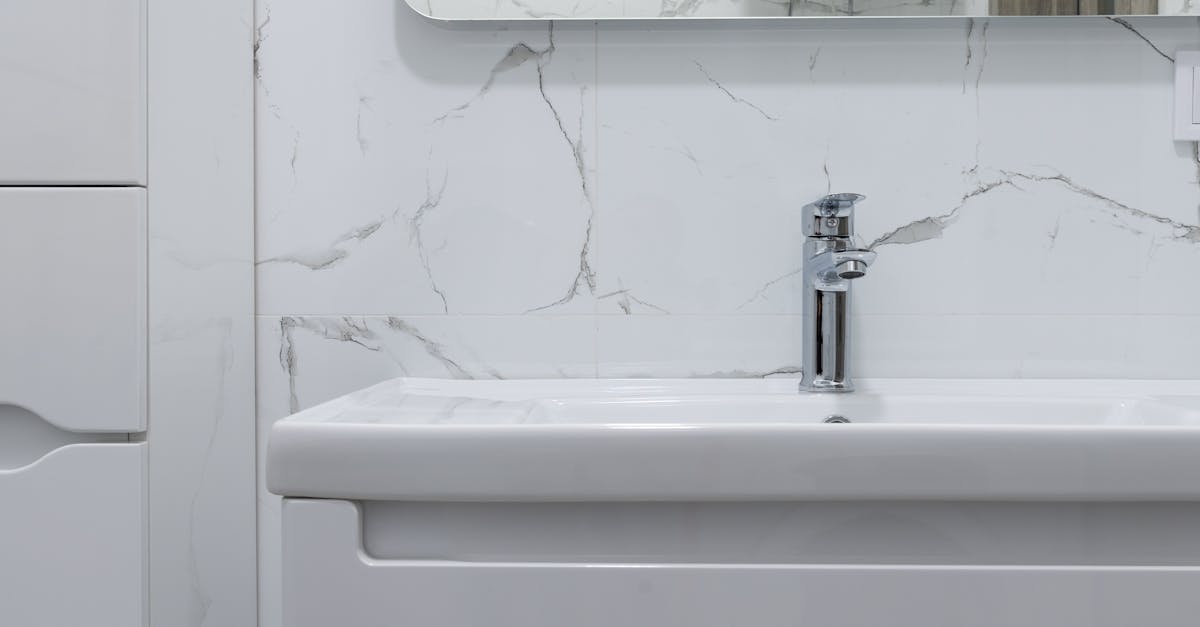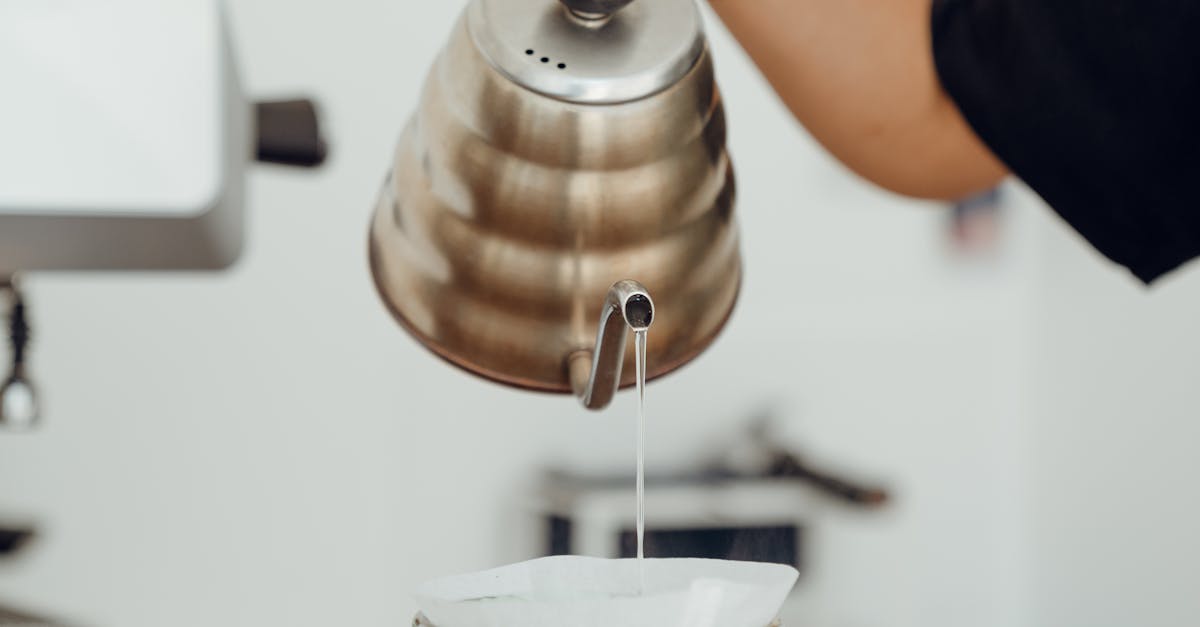
Table Of Contents
Checking for Leaks
Checking for leaks is a crucial step in Hot Water System Troubleshooting. Begin by examining the area around the water heater for any signs of water pooling, dripping, or discoloration. Be sure to check the pressure relief valve, connections, and pipes for any visible leaks. Additionally, inspect the floor beneath the water heater for any moisture or water stains, as these can indicate a leak.
After a thorough visual inspection, it is advisable to run the hot water system to check for leaks while it is in operation. Keep an eye out for any water accumulation or dripping during this process. In case you notice any new signs of leaking, it is essential to address the issue promptly to prevent further damage and maintain the efficiency of your hot water system.
Examining Pipes and Fittings
When troubleshooting a hot water system, examining the pipes and fittings is a crucial step to identify potential issues. Start by visually inspecting all the pipes for any signs of corrosion, rust, or leaks. Pay close attention to fittings where pipes are joined together to ensure there are no loose connections or visible damage. Any abnormalities in the pipes or fittings could indicate a problem that needs to be addressed promptly.
Additionally, it is important to check the insulation around the pipes, especially if they run through colder areas of the house. Poor insulation can lead to heat loss, affecting the efficiency of the hot water system. Make sure the insulation is intact and replace any damaged sections to prevent energy waste and maintain the proper functioning of the system. Regularly inspecting and maintaining the pipes and fittings of your hot water system can help prevent potential issues and ensure a continuous supply of hot water throughout your home.
Purging Air from the System
When air gets trapped in a hot water system, it can cause issues like reduced heat output and strange noises. To purge the air from the system, begin by turning off the water heater and allowing it to cool down. Next, locate the air bleeder valve near the highest point of the system. Use a key or screwdriver to slowly open the valve until you hear a hissing sound – this indicates that air is escaping. Allow the valve to remain open until water starts flowing steadily, then close it tightly. Turn the water heater back on and check if the heat output has improved.
Remember, purging air from the system might initially cause a drop in water pressure. To rectify this, check the pressure gauge on the boiler and ensure it reads the appropriate level. If the pressure is low, you may need to manually repressurize the system following the manufacturer's instructions. By properly purging air from your hot water system, you can improve its efficiency and maintain a consistent flow of hot water throughout your home.
Bleeding Radiators
Bleeding radiators is a crucial step in maintaining the efficiency of your hot water system. Air can get trapped in the radiators, hindering the flow of hot water and reducing the effectiveness of your heating system. To bleed a radiator, you will need a radiator key or a flat-blade screwdriver, as well as a cloth to catch any water that may drip out during the process.
Start by turning off the central heating system and wait for the radiators to cool down. Place your cloth below the radiator valve to catch any water, then use the radiator key or screwdriver to slowly turn the valve counterclockwise. You will hear a hissing sound as the trapped air is released. Once water starts to come out steadily, quickly tighten the valve to prevent any leaks. Repeat this process for all radiators in your home to ensure optimal performance of your hot water system.
Evaluating the Water Heater's Age
Evaluating the water heater's age is a crucial step in the process of Hot Water System Troubleshooting. Typically, a water heater has a lifespan of around 8 to 12 years. As the unit ages, its efficiency can decrease, leading to higher energy bills and potential malfunctions. One way to determine the age of your water heater is by locating the serial number on the manufacturer's sticker. The first two characters often represent the month, while the following two numbers indicate the year of production.
If your water heater is approaching or has surpassed the 10-year mark, it may be time to start considering a replacement. Even if the unit is still functioning, older water heaters are more prone to corrosion and leaks, which can result in significant water damage to your property. Upgrading to a newer, more energy-efficient model not only ensures a reliable supply of hot water but can also lead to cost savings in the long run.्ऀ
Considering Replacement Options
Considering replacement options for your hot water system can be a tough decision, but an essential one if your current system is outdated or showing signs of significant wear and tear. When evaluating whether it's time to replace your water heater, one crucial factor to consider is its age. Most water heaters have a lifespan of around 8 to 12 years, so if yours is reaching this age range, it may be wise to start exploring newer and more energy-efficient options. Older water heaters tend to become less efficient over time, leading to increased energy bills and potential breakdowns.
Additionally, technological advancements in water heating systems have led to more energy-efficient and cost-effective models on the market. Newer models can offer improved energy efficiency, faster heating times, and greater overall performance. When assessing replacement options for your hot water system, it's important to research different models and consider factors such as energy efficiency ratings, capacity, and installation requirements to determine the best fit for your home and budget. Investing in a new water heater can not only provide you with reliable hot water but also help lower your energy bills in the long run.
FAQS
How do I know if there is a leak in my hot water system?
You can check for leaks by examining areas where water may be pooling or dripping, such as around the water heater, pipes, or fittings.
Why is it important to examine pipes and fittings in a hot water system troubleshooting process?
Examining pipes and fittings is crucial because leaks or cracks in these components can lead to water wastage, higher utility bills, and potential damage to your property.
How can I purge air from my hot water system?
You can purge air from the system by opening the air vent valve on the radiator or boiler until water starts to flow out smoothly without any sputtering or air bubbles.
What is the purpose of bleeding radiators in a hot water system?
Bleeding radiators helps remove trapped air within the system, which can cause cold spots or reduced heating efficiency in your home.
When should I evaluate the age of my water heater during troubleshooting?
It is important to evaluate the age of your water heater as older units may be less efficient and more prone to issues, indicating the need for potential replacement.
What factors should I consider when exploring replacement options for my hot water system?
When considering replacement options, factors to evaluate include the energy efficiency of new units, capacity requirements, installation costs, and long-term savings on utility bills.
